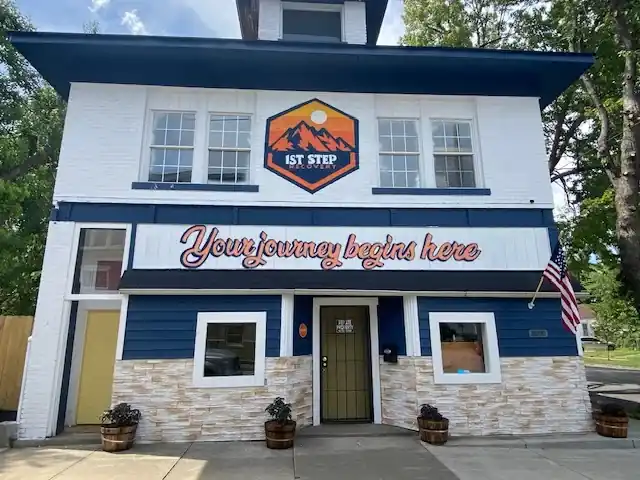Therapy in Recovery
Healing is more than stopping harmful behaviors. It's about understanding yourself, processing emotions, and learning to grow.
At TruPaths, we believe therapy isn’t for people who are broken. It’s for those who are courageous enough to look inward and begin building a healthier future. Whether you’re navigating addiction, trauma, mental health challenges, or family struggles, therapy provides a supportive space where you can feel safe, heard, and understood.
Everyone’s healing journey is different. Therapy can help you make sense of your story, reconnect with your values, and take steps forward with clarity and confidence.
This page will guide you through the different types of therapy that support recovery and help you discover what kind of care feels right for your path.

















“Therapy didn’t fix me. It helped me learn how to hold myself especially when life got hard.”
— TruPaths Community Member